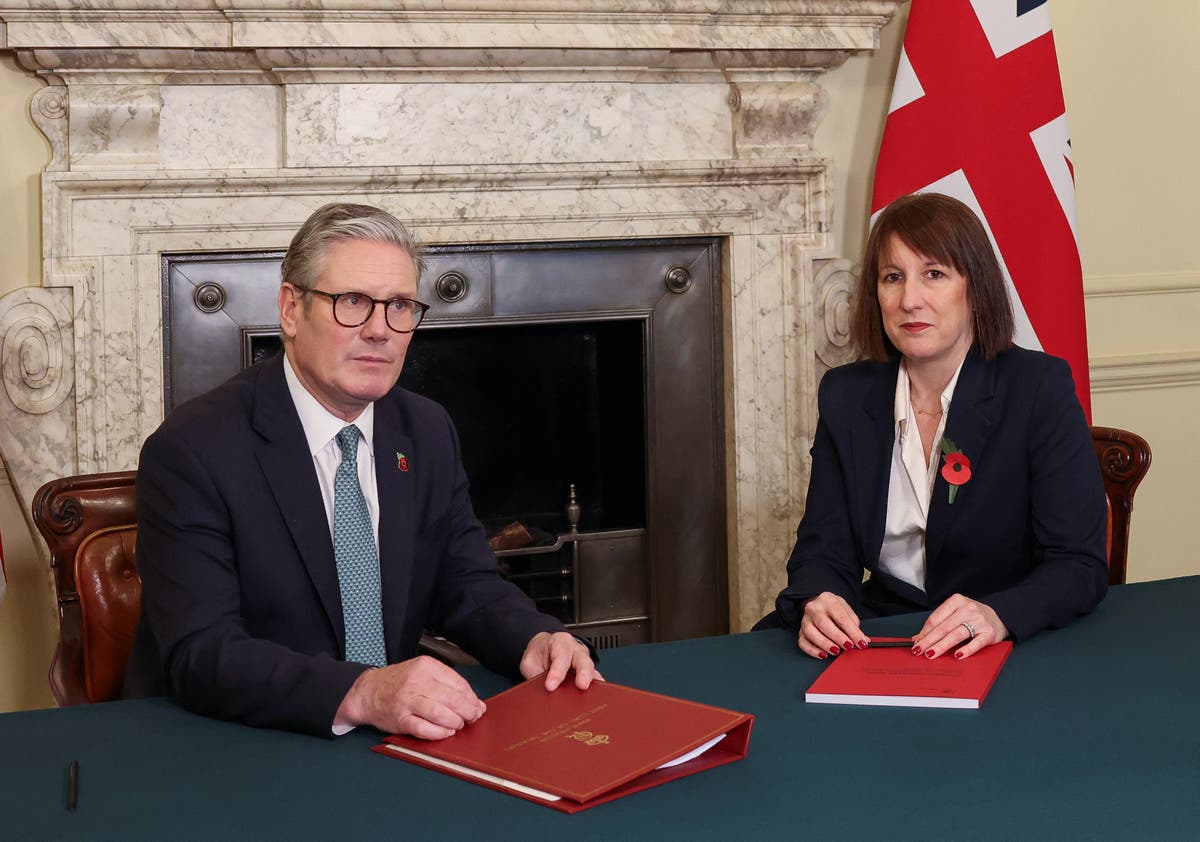Lindsay Hoyle, the speaker of the House of Commons, should realise that his diatribes against ministers for making important announcements outside parliament only make him look weak. He keeps telling them off; they keep doing it.
There is nothing he can do to stop it. The previous government did it too, and the government before that. The idea that the Commons should hear about important policies first is as quaint as the notion, before 1989, that MPs should conduct their business without TV cameras watching them.
It was as long ago as 1997, for example, that Gordon Brown announced the independence of the Bank of England in setting interest rates – at a press conference in the Treasury, without consulting most of the cabinet, let alone the House of Commons.
As for the idea of pre-Budget purdah, when ministers and civil servants would say nothing about tax for weeks before the big day, no one can really remember why they did it, except for a few market-sensitive decisions.
So Hoyle is wasting his breath raging against last week’s announcement by Rachel Reeves, the chancellor, in Washington DC – and in an article in the Financial Times, that she would be rewriting the debt rule.
On Monday, Sir Keir Starmer announced, in answer to questions after a speech in Birmingham about the Budget, that the cap on bus fares would rise from £2 to £3. Later that night, health secretary Wes Streeting pre-announced £1.5bn of emergency funding for the NHS that Reeves will confirm in the Budget. And for weeks now, ministers have all but confirmed that employers’ national insurance contributions will rise in what will be a substantial tax-raising Budget.
Some of those measures are good, and some are bad. But the rise in bus fares is bad because it hits low-paid “working people” – not because it has been announced outside parliament.
Equally, Reeves’s pre-announcement of the change in her fiscal rules was wise because she didn’t want to spook the markets by surprising them in her Budget speech. This way, they have time to understand that it is a sensible change allowing for more capital investment.
The government’s mistake is not to pre-announce Budget measures but to make some wrong decisions and to overdo the pre-Budget gloom. The Budget is going to be “painful”, the prime minister told us weeks beforehand and then, instead of offering the hope of a brighter future, he and his ministers say it will take a long time to turn around 14 years of failure. Even Streeting, one of the better communicators, said on Tuesday that the extra funding would only “arrest the decline” in the NHS.
It was also a mistake, I think, to allow so much time before the Budget, which has allowed weeks and weeks in which people may have been more fearful than they needed to be about how hard their personal finances were going to be hit. We still don’t know how hard that will be – despite all the speculation, all the announcements and all the leaks. Some advisers to Rishi Sunak, who will reply to the Budget tomorrow as his last act as Conservative leader, think that the measures will be less harsh than expected.
Indeed, I assumed that the report in the Sunday papers about the bus fare cap being raised by 50 per cent was pre-Budget spin; that it was designed to allow Reeves to do that old trick in her speech: “Mr Speaker, I have received representations suggesting that I should lift the £2 cap on bus fares – of course, I am not going to do that.”
But it turns out that she is going to do that, just to save what is, in Budget terms, a trivial amount of money. Not only does she not have that rabbit to bring out of a hat on Budget day but the prime minister proudly showed off the dead rabbit two days earlier.
Naturally, the Conservative press is gleeful about Starmer suffering the biggest fall in popularity for a new prime minister. This overlooks the detail that Liz Truss wasn’t in office long enough for pollsters to record the depths she plumbed, but Labour can hardly afford to be complacent about such a rapid descent.
That large parts of the Budget have been announced in advance is not important: what matters is that the pre-Budget messaging has been so gloomy that it has plunged the nation into a fit of negativity – and taken Starmer’s popularity down with it.
If all Reeves has to show tomorrow is a collection of more dead rabbits, there is no reason to think that Starmer, Reeves and the entire Labour government could not become more unpopular yet.

